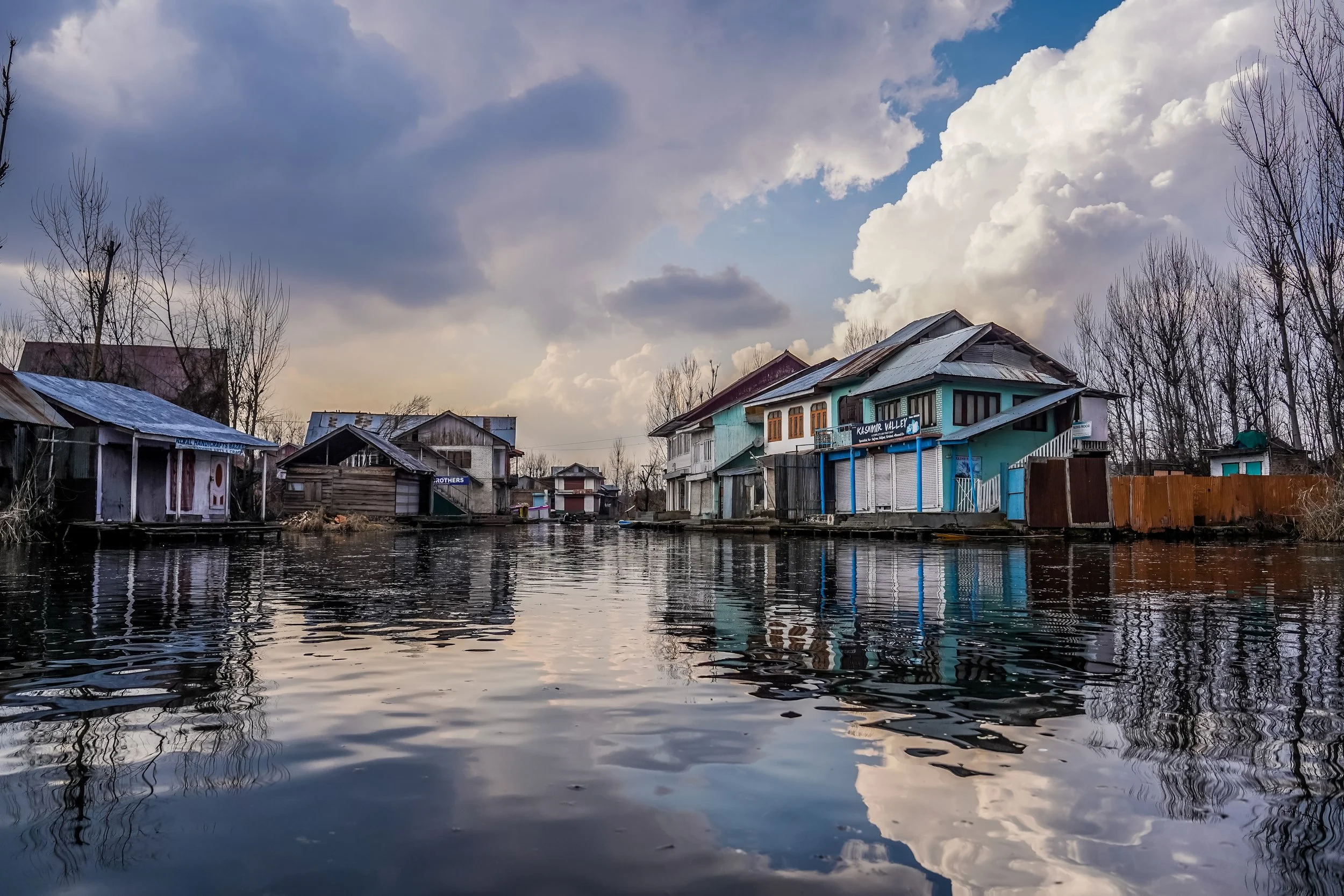Dear Community,
When I asked you to step up in response to the Muslim ban in 2017, you did. When babies were being torn from their parents’ arms in 2018, you joined the fight. And when thousands of families were living in unsanitary, makeshift refugee camps at the border in 2019, the L4GG community stepped up yet again, establishing a full-time legal clinic for asylum seekers in the Rio Grande Valley. For years we have stood together, helping save thousands of lives and fighting for the rights of asylum seekers at the border. But over the past few weeks the situation at the border has gotten significantly worse - and unfortunately I have to ask for your help one more time.
Please, take a moment to read this post and learn about the gross human rights abuses we are trying to prevent. You can make a difference in this fight.
First, CBP (Customs and Border Patrol) is now mandating that asylum seeker use a mobile app called CBP One to request exemptions from Title 42. Without an exemption, asylum seekers at our southern border are unable to cross into the United States and make their claim for asylum - but the only way to get an exemption is through an app that has raised numerous concerns regarding the accuracy of its technology, inequities in its accessibility, and potential privacy risks. In addition to excluding LGBTQ+ individuals from being able to seek safety in the U.S., our Project Corazon staff have also seen other troubling issues with the app, including:
Getting an appointment in the app is the only way to seek asylum currently and it is nearly impossible, as the limited slots released daily fill up instantaneously. Most asylum seekers are stuck waiting in tents in Mexico without the ability to secure an appointment.
Asylum seekers like Waleska, a Honduran trans woman fleeing violence. Although she finally got a phone after all of her belongings were stolen in Mexico, the CBP One app slows down each morning when appointments become available, and she hasn’t secured one yet.
Asylum seekers suffering medical emergencies are required to secure appointments weeks in advance, leaving them at risk of dying in Mexico as they wait to secure and attend an appointment.
Asylum seekers like the Julian family, whose 4-year-old child was extremely sick with a potentially cancerous tumor. They were forced to wait nearly a week while we fought their case; meanwhile, their child had difficulties eating and was at risk of missing her window of opportunity for treatment.
Families are being left behind; appointments must be secured for each family member at the same time, which is virtually impossible due to limited availability.
Families like the Hernandez family, who have four children and to date have not been able to secure six appointments together. Mom and Dad, who fled Venezuela after a police attack, must wait together in Matamoros for an appointment for a chance at keeping their family together.
A family waits to apply for asylum from inside a refugee camp in Reynosa, MX.
Second, and to make matters worse, in a court filing last week, the Biden Administration announced it intends to issue a proposed rule known as the “transit ban,” a rule that will block any person who has traveled through a third-country on their way to the border, including Mexico, from seeking asylum.
This proposed policy will directly cause death and trauma. More than 95% of our current clients, including those fighting tooth and nail for exemptions in the CBP One app would be disqualified from seeking asylum. Without reaching our borders, many of our clients will die.
We Need Your Help. L4GG has been working on the Hill and coordinating with other organizations about the issues with the CBP One app, and we will now be joining larger advocacy efforts against the transit ban. But we cannot do this alone.
We need the country’s eyes on this issue if we want something to change.
Urge your Senators and Representatives to join this letter about the transit ban and the CBP One app issues currently being led by Reps. Chuy Garcia (D-IL) and Raúl Grijalva (D-AZ).
If you have any connections on the Hill, please work with staffers in your network to urge Members of Congress to join this letter. The deadline to sign the letter is this Friday, February 17th at 2 pm ET.
Please share this post with like-minded justice warriors and/or members of the media in your network. In particular, we need the media to cover the impact of these policies on the people at the border. L4GG is ready to help tell these stories.
We’re continuing to compile examples of how this policy impacts migrants. If you’re an immigration attorney and would like to share your experience, please reply to this email.
Donate to Lawyers for Good Government and Project Corazon. Your support makes it possible for us to defend against human rights abuses. Every dollar helps.
Thank you for joining in this fight. By lifting up our voices together, we can and will save lives, protect LGBTQ+ people from abuse, and keep families together. We will keep you updated as we continue to advocate for humane immigration policies.
In solidarity,
Traci
Traci Feit Love
Founder and Executive Director
Lawyers for Good Government (L4GG)
















